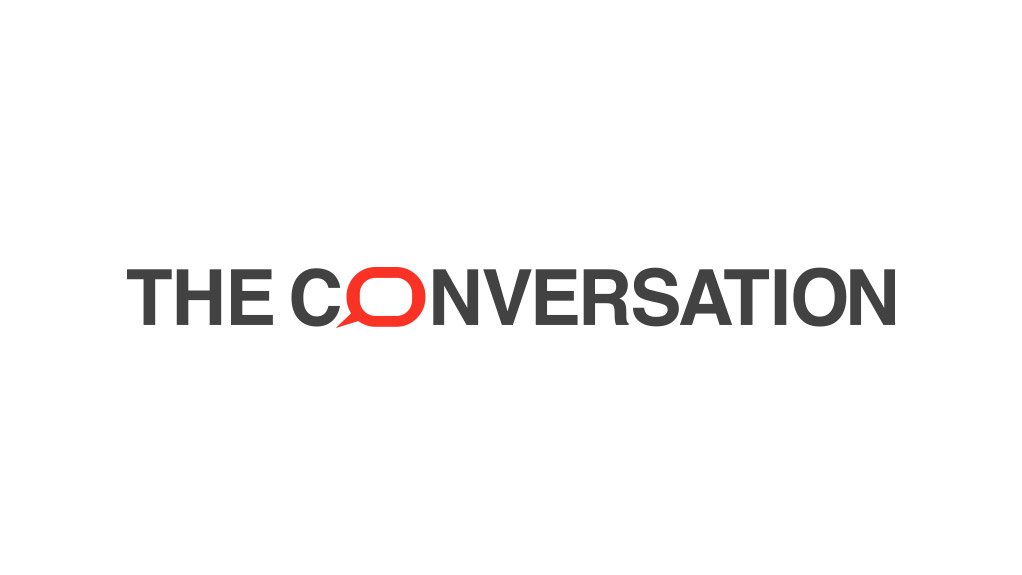![]() In 2021, the director of the African Research University Alliance Centre of Excellence in Food Security at the University of Pretoria was appointed to the board of the transnational food corporation Nestlé.
In 2021, the director of the African Research University Alliance Centre of Excellence in Food Security at the University of Pretoria was appointed to the board of the transnational food corporation Nestlé.
At the time a group of more than 200 senior academics wrote an open letter, about conflicts of interest. Nestlé’s portfolio of foods, by its own admission, includes more than 60% that don’t meet the definition of healthy products.
In December last year, the same centre announced it had signed a memorandum of understanding with Nestlé. It signalled their intent to “forge a transformative partnership” to shape “the future of food and nutrition research and education” and transform “Africa’s food systems”.
This is not an isolated case.
Across African universities, companies with products that are harmful to health fund health-related research and education.
Nestlé, for example, “shares expertise” with “eight universities in Africa”.
These include the Institute of Applied Science and Technology at the University of Ghana and the Centre Suisse de Recherches Scientifiques in Côte d’Ivoire.
Activities funded under agreements with universities include internships, seminars and training programmes as well as sponsorships for graduate research students.
In South Africa, Nestlé has funded a prize in paediatrics for final year medical students at the University of the Witwatersrand. It also funds a two-year paediatric gastroenterology fellowship at Stellenbosch University.
Bias – even if it’s unconscious
Financial links between corporations and academic institutions are well known to lead to conflicts of interest.
A 2017 paper, Industry sponsorship and Research Outcome, found that “industry funding leads researchers to favour corporations either consciously or unconsciously”.
Those advising governments and charities on dietary policy warn how “current or past financial or personal associations with interested parties make it difficult to distinguish subtle, unconscious bias from deliberately concealed impropriety.”
Other research found that of 168 industry-funded studies, 156 (93%) showed biased results, all in favour of industry sponsors.
In 2018 around 13% of research articles published in the top 10 most-cited nutrition journals were backed by and favourable to the food industry. Such backing is often hidden.
A growing problem
The world is facing a pandemic of non-communicable diseases – hypertension, diabetes, cardiovascular diseases, cancer – all linked to the consequences of poor nutrition such as stunting and obesity.
A 2023 Lancet commission reports that “just four industry sectors already account for at least a third of global deaths”, one of which is unhealthy food.
These four industry sectors are expanding their markets in Africa and elsewhere in the global south where the inadequate regulation of the sales and marketing of unhealthy foods, drinks, alcohol, tobacco and agrichemical products provides opportunities for corporations to exploit.
Where there’s smoke …
The most well-known commercial products that harm health are tobacco-related, now widely regulated to decrease harm.
The tobacco industry used many tactics to prevent their regulation. They funded research and whole institutions to produce “evidence” to support the industry or sow doubt about the harmful impacts of tobacco.
In 2019 public health academics at the University of Cape Town in South Africa discovered that the psychiatry department had accepted funding from the Philip Morris Foundation for a Smoke-Free World.
The department subsequently cancelled the contract. This followed outrage from the broader university community. In 2020, the UCT Council adopted a policy disallowing any employee from accepting funding from the tobacco industry.
In another example scientific research published in 1967 implicated saturated fat as the main cause of heart disease. In so doing it downplayed the role of sugar. It took over 40 years to uncover that this research was paid for by the sugar industry.
The decline in research funding in South Africa means that academics need to be especially vigilant. We need to protect our higher education institutions from research bias.
It is not enough to simply declare these interests and assume that this will eliminate the conflict of interest.
Instead, public health academics need to develop much more robust systems to manage conflicts of interest at all levels of academia.
Governance structures at universities need mechanisms to respond to initiatives which run counter to public health.
The Department of Paediatrics and Child Health at the University of Cape Town has called for the end to sponsorship by infant formula milk companies for education, research or policy development.
An online course and toolkit for research ethics committees on conflict of interest in health research provides some practical guidance.
These and other initiatives point the way forward for universities to be alert to the dangers of these “gift relationships” and to be better equipped to protect their integrity.
Lori Lake, the editor of the Child Gauge report, also contributed to this article.
Written by Susan Goldstein, Associate Professor in the SAMRC Centre for Health Economics and Decision Science - PRICELESS SA (Priority Cost Effective Lessons in Systems Strengthening South Africa), University of the Witwatersrand; Mark Tomlinson, Professor in the Institute for Life Course Health Research, Department of Global Health, Stellenbosch University; Rachel Wynberg, Professor and DST/NRF Bio-economy Research Chair, University of Cape Town, and Tanya Doherty, Professor and Chief specialist scientist, South African Medical Research Council
This article is republished from The Conversation under a Creative Commons license. Read the original article.
EMAIL THIS ARTICLE SAVE THIS ARTICLE ARTICLE ENQUIRY
To subscribe email subscriptions@creamermedia.co.za or click here
To advertise email advertising@creamermedia.co.za or click here











